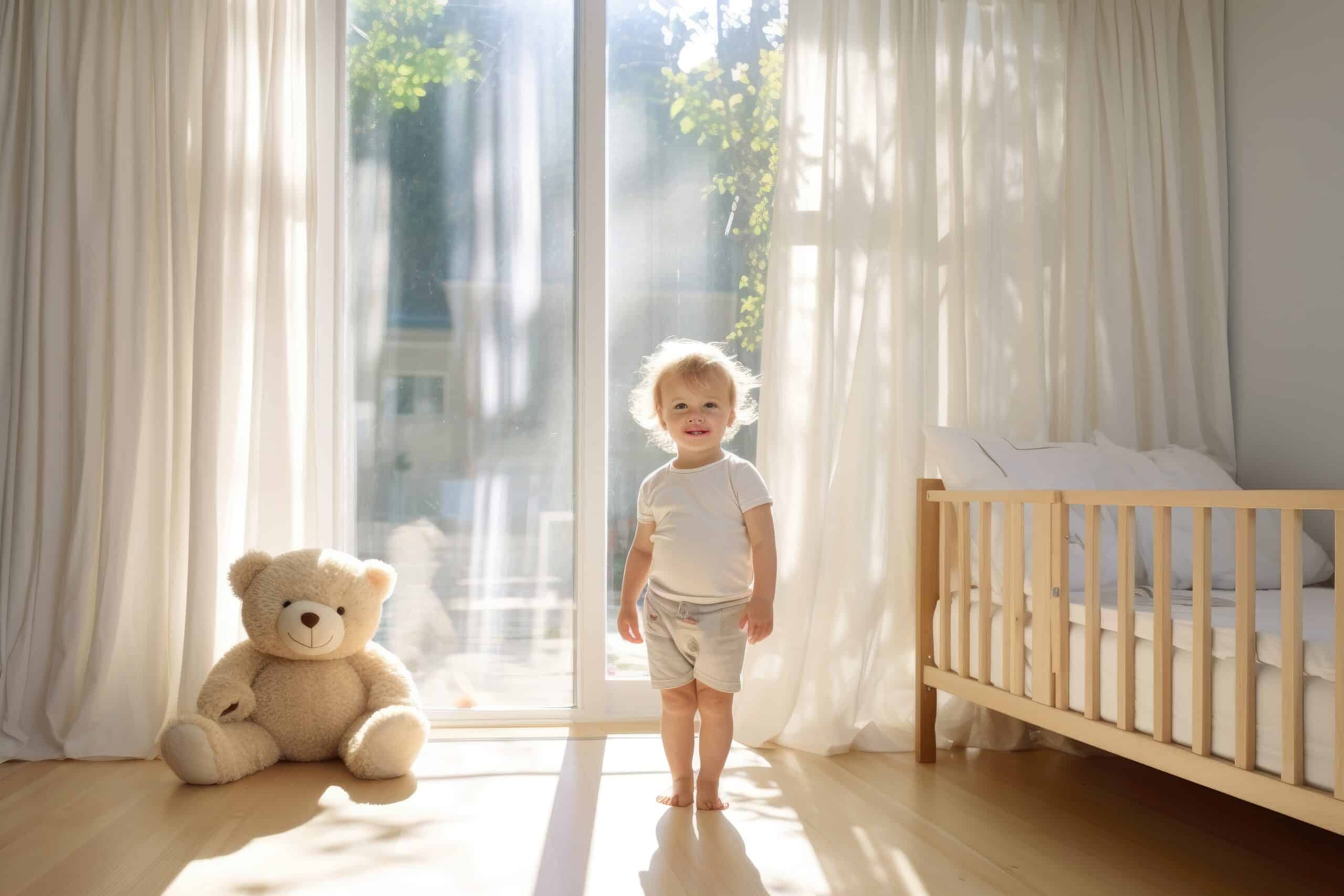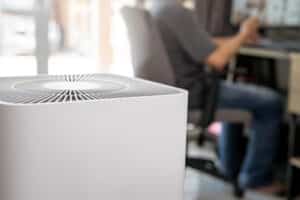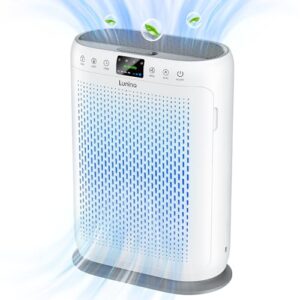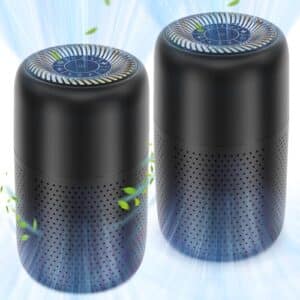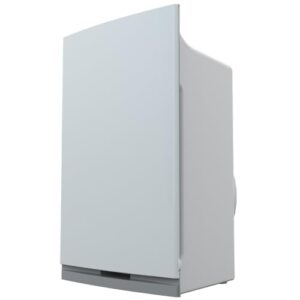Are there any safety concerns associated with running air purifiers in a home with children or pets?
Key Takeaways
- Air purifiers are generally safe for pets and can improve the indoor air quality for both humans and pets.
- Avoid air purifiers that produce ozone, as ozone can be harmful to pets, especially birds.
- Air purifiers can help reduce the impact of pollutants on pets’ health, alleviate respiratory issues, and improve overall air quality.
Air purifiers have become increasingly popular in homes as people seek to improve indoor air quality and create a healthier living environment. However, when it comes to running air purifiers in a home with children or pets, it is important to consider any potential safety concerns. In this article, we will explore whether air purifiers pose any risks to the safety of children and pets, and provide an overview of the information available.
Are air purifiers safe for pets?
The consensus among the sources provided is that air purifiers are generally safe for pets. These devices are designed to be used in homes with children, and their internal mechanisms are typically safe from pets. Air purifiers can effectively clean the air and improve the indoor environment, making the air safer to breathe for both humans and pets.
However, it is crucial to consider the physical safety aspect of using a mechanical device around pets. Some pets, especially curious cats or energetic dogs, may be prone to knocking over objects or getting tangled in cords. Therefore, it is important to find a safe location for the air purifier where it cannot be accessed or accidentally knocked over by pets.
Types of air purifiers and their safety for pets
Not all air purifiers are created equal, and there are certain types that may pose potential risks to pets. One example is air purifiers that produce ozone. Ozone can be harmful to pets, particularly birds, as their respiratory systems are more sensitive. It is essential to avoid air purifiers that generate ozone if you have avian pets in your home.
On the other hand, air purifiers that do not produce ozone, such as true HEPA (High-Efficiency Particulate Air) purifiers, are generally safe for pets. True HEPA filters are designed to capture particles as small as 0.3 microns, effectively removing contaminants, allergens, and odors from the air. These purifiers can help create a cleaner and healthier environment for pets.
Another factor to consider when choosing an air purifier for pet safety is noise pollution. Some air purifiers can produce noise that may cause stress or anxiety in pets. It is recommended to select a purifier with a noise level below 40 dB to minimize any potential impact on pets’ well-being.
Benefits of air purifiers for pets
Air pollution can have detrimental effects on the health of pets. Studies have shown that poor air quality can lead to brain lesions, neuroinflammation, DNA damage, respiratory tract inflammation, and even neurodegenerative damage in dogs and cats. Air purifiers can play a vital role in reducing the impact of pollutants on pets’ health by removing harmful particles and improving overall air quality.
By capturing and filtering out allergens, pet dander, dust, and other pollutants, air purifiers can help alleviate respiratory issues in pets, particularly those with allergies or asthma. They can also help reduce pet odors, making the indoor environment more pleasant for both pets and their owners.
Additional considerations for a pet-friendly environment
While air purifiers can contribute to a healthier living environment for pets, it is important to note that they cannot remove pet hair from surfaces. To ensure a clean and hygienic space for pets, it is recommended to invest in a vacuum cleaner specifically designed for pet hair removal.
Conclusion
Based on the information provided, air purifiers can be safe for use in a home with children and pets. They can help improve air quality, reduce the risk of health issues associated with poor air quality, and create a healthier living environment. However, it is crucial to choose a pet-safe air purifier, avoid those that produce ozone, and ensure the device is placed in a location where pets cannot access or knock it over.
Related Websites:
FAQs:
Q: What are the benefits of using air purifiers in a home?
Air purifiers offer several benefits for a home. They improve indoor air quality, reducing allergens and pollutants that can cause respiratory issues. They also eliminate odors, creating a fresher atmosphere. For homes with children and pets, clean air is especially important for their well-being.
Q: What types of air purifier technologies are available?
There are different types of air purifier technologies available in the market. Some common ones include HEPA filters, activated carbon filters, and ionizers. Each technology works differently and is effective at removing various pollutants from the air. When choosing an air purifier for a household with children and pets, it’s important to consider their specific needs.
Q: Are there any safety concerns associated with running air purifiers in a home with children or pets?
Yes, there are potential safety concerns. Certain air purifier technologies emit ozone, which can be harmful, especially to children and pets. It is important to avoid ozone-generating air purifiers when considering their safety. However, air purifiers with HEPA filters and activated carbon filters are generally considered safe for use around children and pets.
Q: How can I safely use an air purifier in a household with children and pets?
To ensure safe usage of air purifiers, it is recommended to read the user manual and follow the manufacturer’s instructions carefully. Place the air purifier in a location that is out of reach of children and pets to prevent any accidents. Regularly clean and replace the air purifier filters to maintain optimal performance and avoid any potential safety hazards.
Q: Why is it important to consider safety when choosing an air purifier for a home with children and pets?
Safety should be a top priority when selecting an air purifier for a home with children and pets. Certain air purifier technologies emit ozone, which can have negative health effects. By choosing air purifiers with HEPA filters and activated carbon filters, you can prioritize safety while meeting the specific needs of your household.

